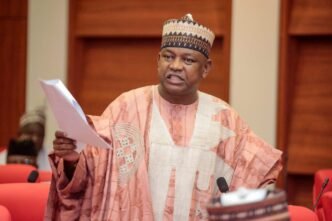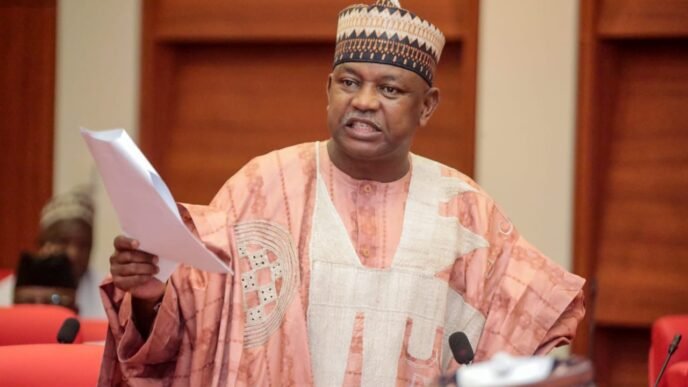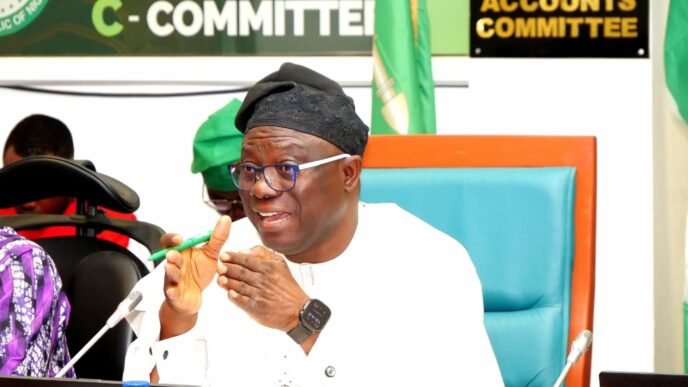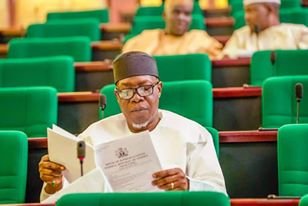The Federal Government has announced a seven-year freeze on creating new federal universities, polytechnics, and colleges of education — a policy shift that will derail several National Assembly bills seeking to establish new institutions. The Minister of Education, Dr. Maruf Olatunji Alausa, who briefed State House correspondents at the end of the Federal Executive Council, FEC, meeting presided over by President Bola Tinubu on Wednesday, argued that “access to tertiary education in Nigeria is no longer a major issue”.
Citing low enrolment and resource inefficiencies, Alausa revealed that many of Nigeria’s 72 universities, 42 polytechnics, and 28 colleges have fewer than 2,000 students, with one northern university employing 1,200 staff for under 800 students.
“The moratorium will allow the government to refocus resources on improving existing institutions by upgrading facilities, recruiting qualified staff, and expanding their carrying capacity.”
-Dr. Maruf Olatunji Alausa, Minister of Education
In 2024 alone, 34 universities and 64 colleges of education recorded zero applicants through JAMB, while some polytechnics admitted fewer than 99 students. The government says funds will instead be channelled toward upgrading infrastructure, recruiting qualified staff, and expanding capacity in existing schools.
Academic unions Academic Staff Union of Universities (ASUU) and Congress of Nigerian University Academics (CONUA) have backed the freeze, arguing it will strengthen the institutions already in place. However, critics warn it risks sidelining millions of qualified youths who are denied admission each year, stressing that Nigeria must still expand quality access to match its fast-growing youth population.
While the Federal Government’s announcement is aimed at addressing low enrolment and optimising resources, the policy risks worsening Nigeria’s already severe access crisis, where millions of qualified youths are denied admission annually due to limited capacity. The fact that some institutions attract few or no applicants often reflects deeper structural issues—such as poor funding, inadequate facilities, weak academic programmes, and geographic or socioeconomic barriers—rather than a lack of demand for higher education. By halting expansion entirely, the government may inadvertently entrench regional and capacity imbalances, especially in underserved areas, and slow progress toward meeting the country’s demographic and economic needs. A more balanced approach would pair investment in upgrading existing institutions with strategically establishing new ones in areas of demonstrated demand, ensuring that reforms enhance both quality and access.










